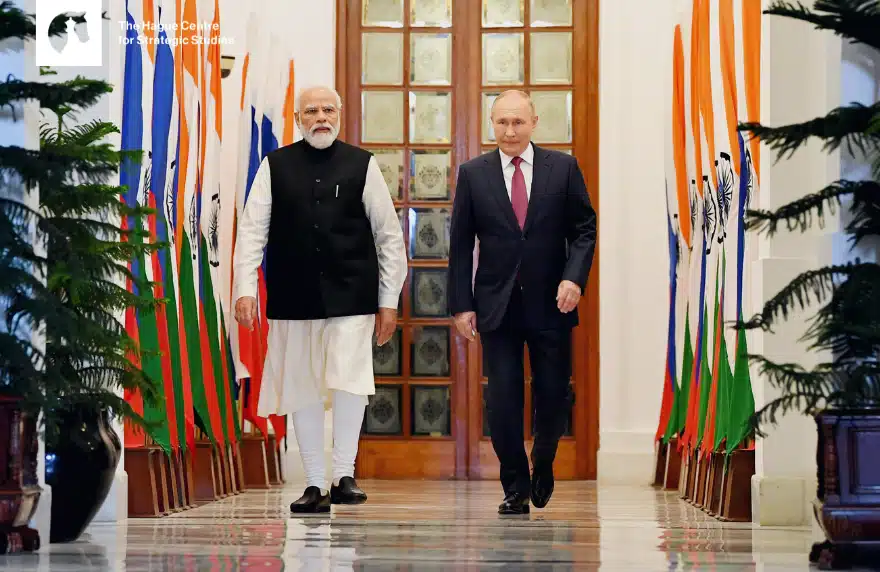Francis Fukuyama beschreef onlangs in het tijdschrift The National Interest de teloorgang van het Amerikaanse politieke systeem. Besluiten over beleid worden niet meer in het Congres genomen, maar komen voor de rechter tot stand. Vervolgens kan, zoals bleek met Obamacare, de uitvoering van een genomen besluit voor de rechter oneindig worden gefrustreerd.
Politici moeten hun taak zonder last of ruggespraak kunnen uitvoeren. Als lobby- en belangengroepen de politieke besluitvorming gaan sturen, veranderen politici in belangenbehartigers en wordt het democratische proces ontregeld. Dan geldt het recht van de grootste mond of van degene met het grootste budget. Ook in Nederland zien we dit fenomeen. Kamerleden zijn gemakkelijk belobbybaar. Teksten voor moties en vragen zijn soms rechtstreeks van lobbyisten afkomstig. Even zorgwekkend is dat politici niet langer de hoeders zijn van het landsbelang, maar zich richten op de behartiging van groepsbelangen. De nationale politiek krijgt daardoor steeds meer de trekken van een zero-sum-game: politici boeken winst voor de ene groep en schuiven het verlies af op een andere groep. Omdat daardoor de solidariteit verdwijnt,
stagneert het democratische systeem dat juist gebaseerd is op consensus.
Steeds belangrijker zijn sociale media waar de grootste bek de meeste aandacht krijgt. Ik ken politici die zich laten leiden door Geen Stijl omdat zij op die site menen te lezen wat er leeft. Lobbygroepen grijpen evenementen aan om te agenderen en gebruiken de sociale en traditionele media om te mobiliseren. Zo kon het gebeuren dat Sinterklaas, onder meer via ‘Pauw & Witteman’, werd gebruikt om een racismediscussie te stimuleren. En momenteel wordt de homorechtendiscussie geagendeerd via de Olympische Spelen. Opmerkelijk is dat keer op keer een kleine groep, vaak niet meer dan enkele tientallen gedrevenen, een hype met grote politieke gevolgen veroorzaakt. Zo worden politici onder het mom van een democratisch gelegitimeerde discussie de spreekbuis van belangengroepen, terwijl de zwijgende meerderheid niet gehoord wordt. In de praktijk heeft agendering door een handvol gedrevenen meer te maken met een slimme pr-campagne dan met een democratisch proces.
Tot slot speelt de ideologische polarisatie aan weerszijden van de Atlantische Oceaan. De Amerikaanse Tea Party en de Europese populistische partijen willen door feitenvrije retoriek het democratische proces laten ontsporen. Alternatieven hebben ze niet; ontregeling is doel op zich. PVV-Kamerlid Fritsma vatte die strategie goed samen: “We maken ze helemaal gek”.
Fukuyama constateerde dat democratie zich ontwikkelt van democratie naar vetocratie: er zijn te veel spelers, te veel belobbybare politici die in een te gepolariseerd speelveld opereren. Wat de gevolgen van een disfunctioneel systeem zijn, bleek afgelopen jaren uit de redding van de euro. Politieke leiders waren daartoe niet in staat. Er moest een niet-gekozen technocraat aan te pas komen om de financiële markten tot bedaren te brengen. Dat was Mario Draghi, de voorzitter van de Europese Centrale Bank. Ook in Nederland geldt de vraag in hoeverre politici de speelbal van lobbyisten, belangengroepen en polarisatie willen zijn. Nu al wil 39 procent van alle Nederlanders een sterke man. Die roep zal sterker worden naarmate onze democratie verzwakt.


